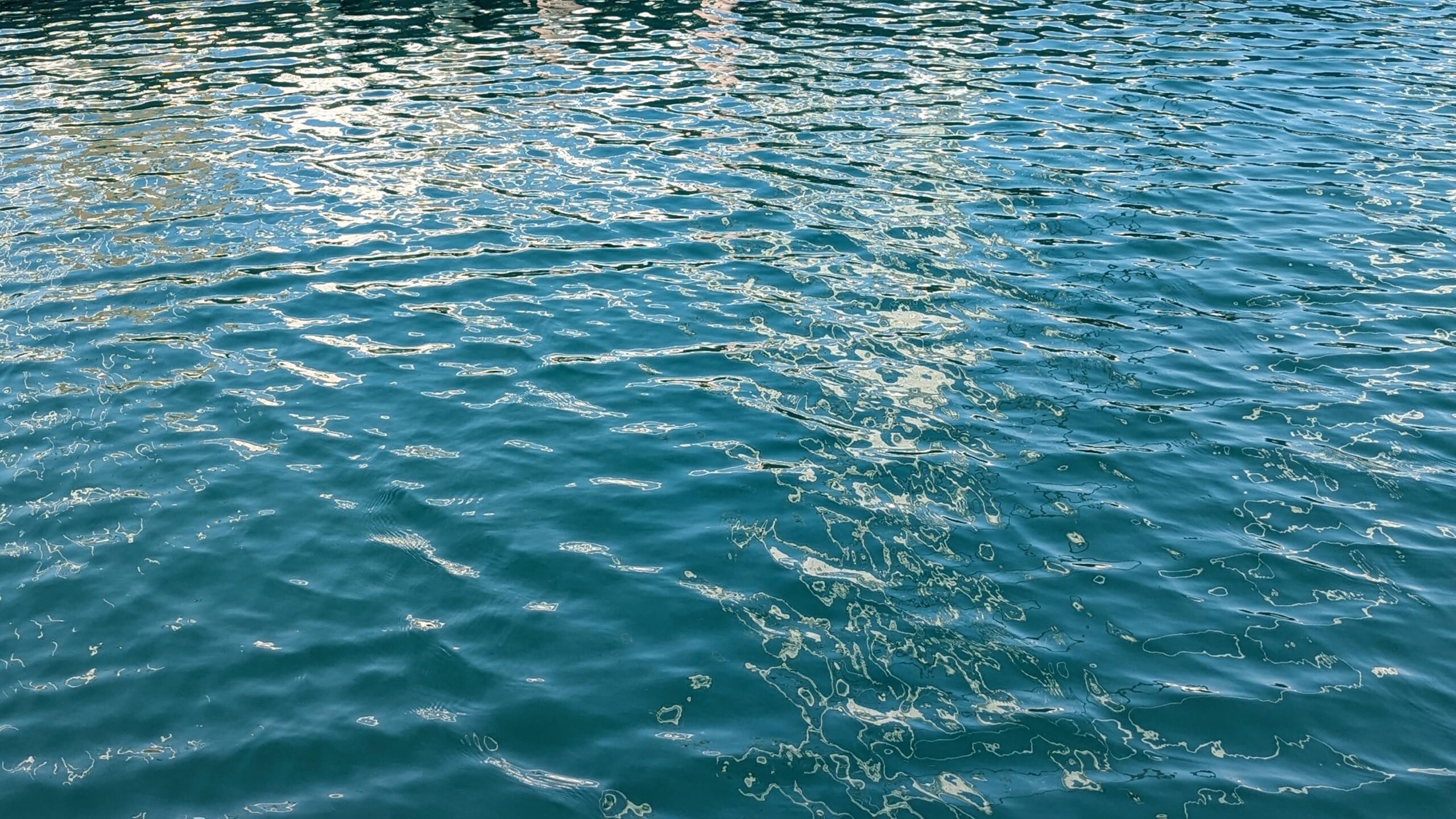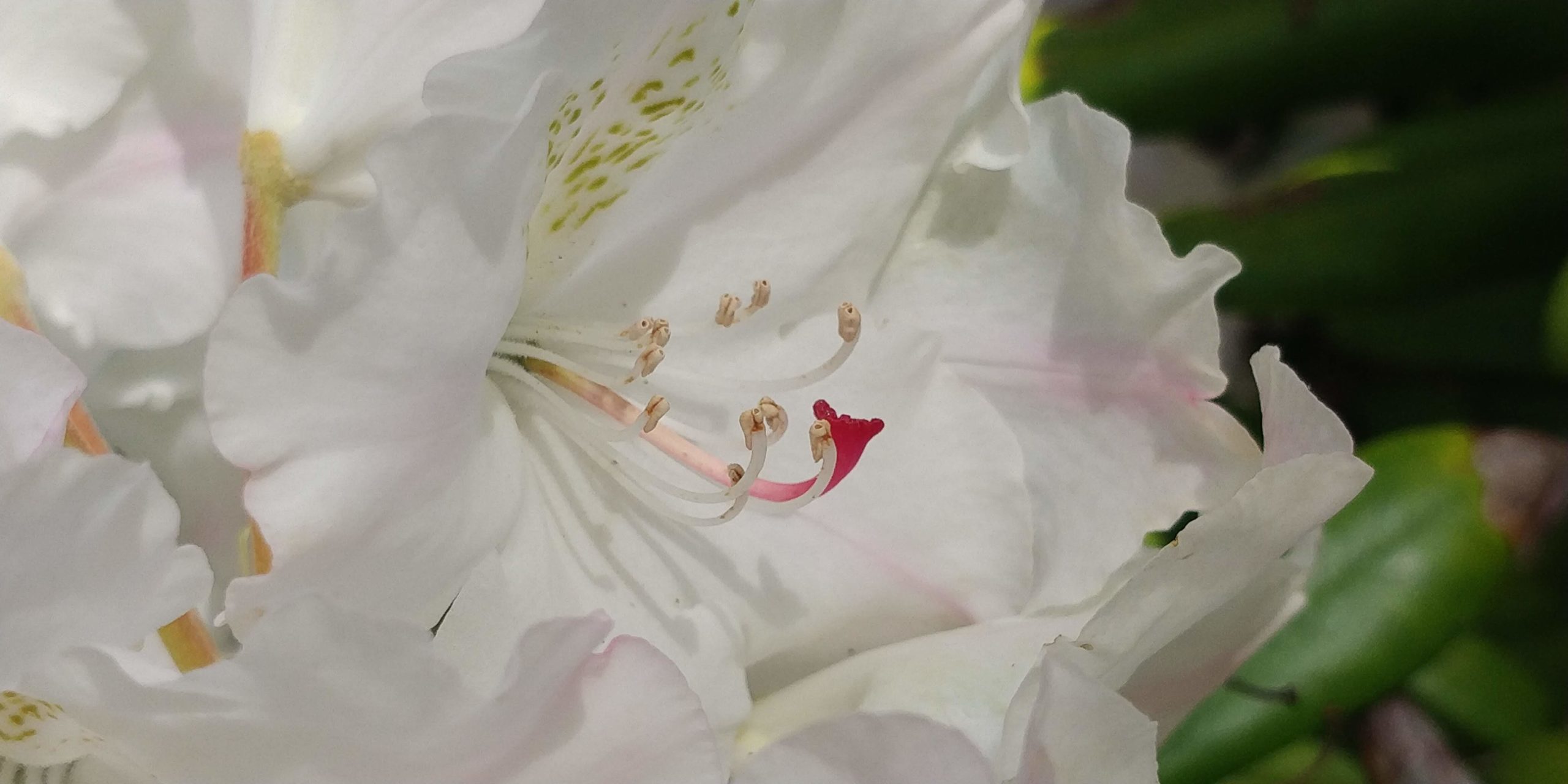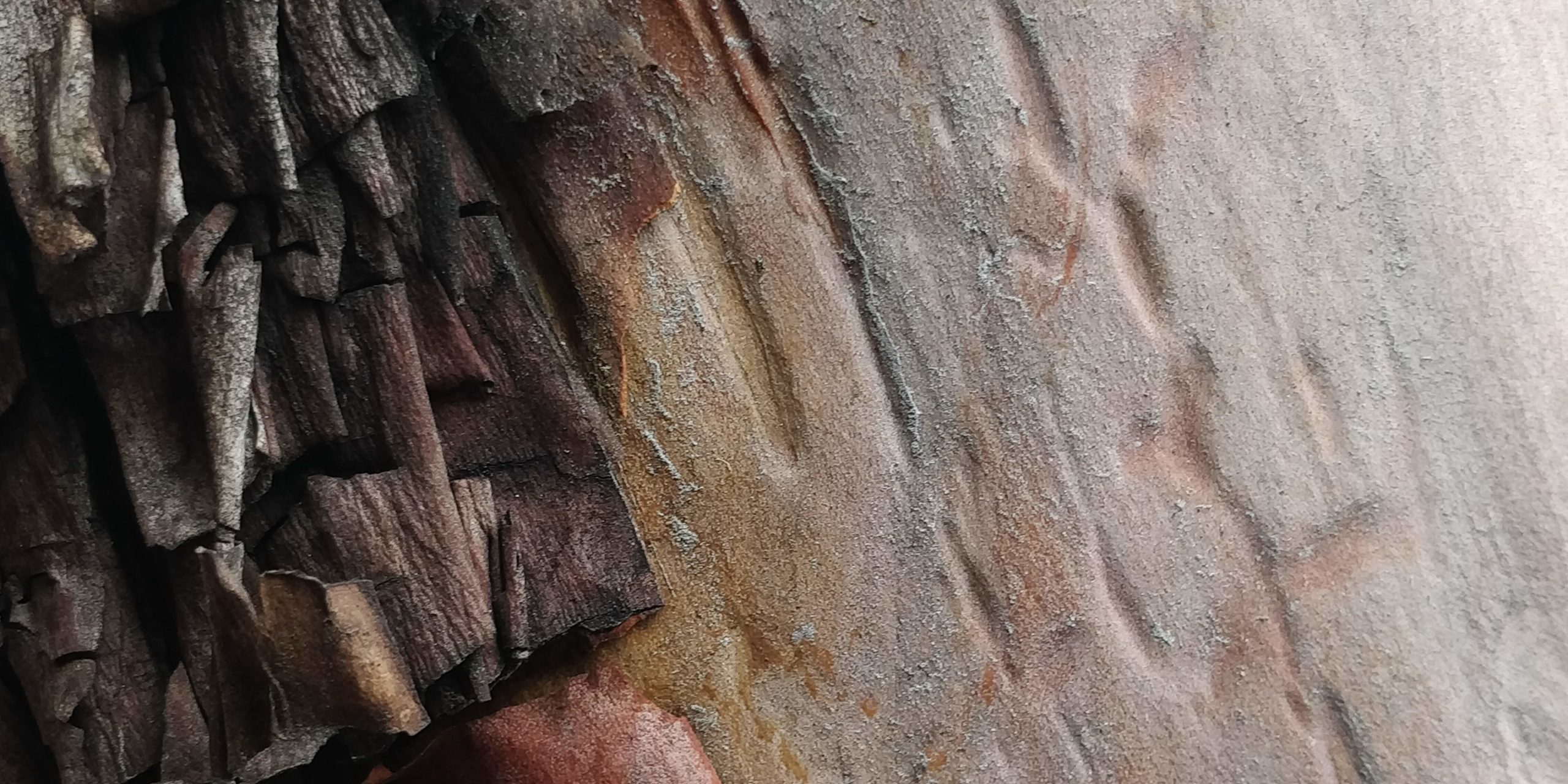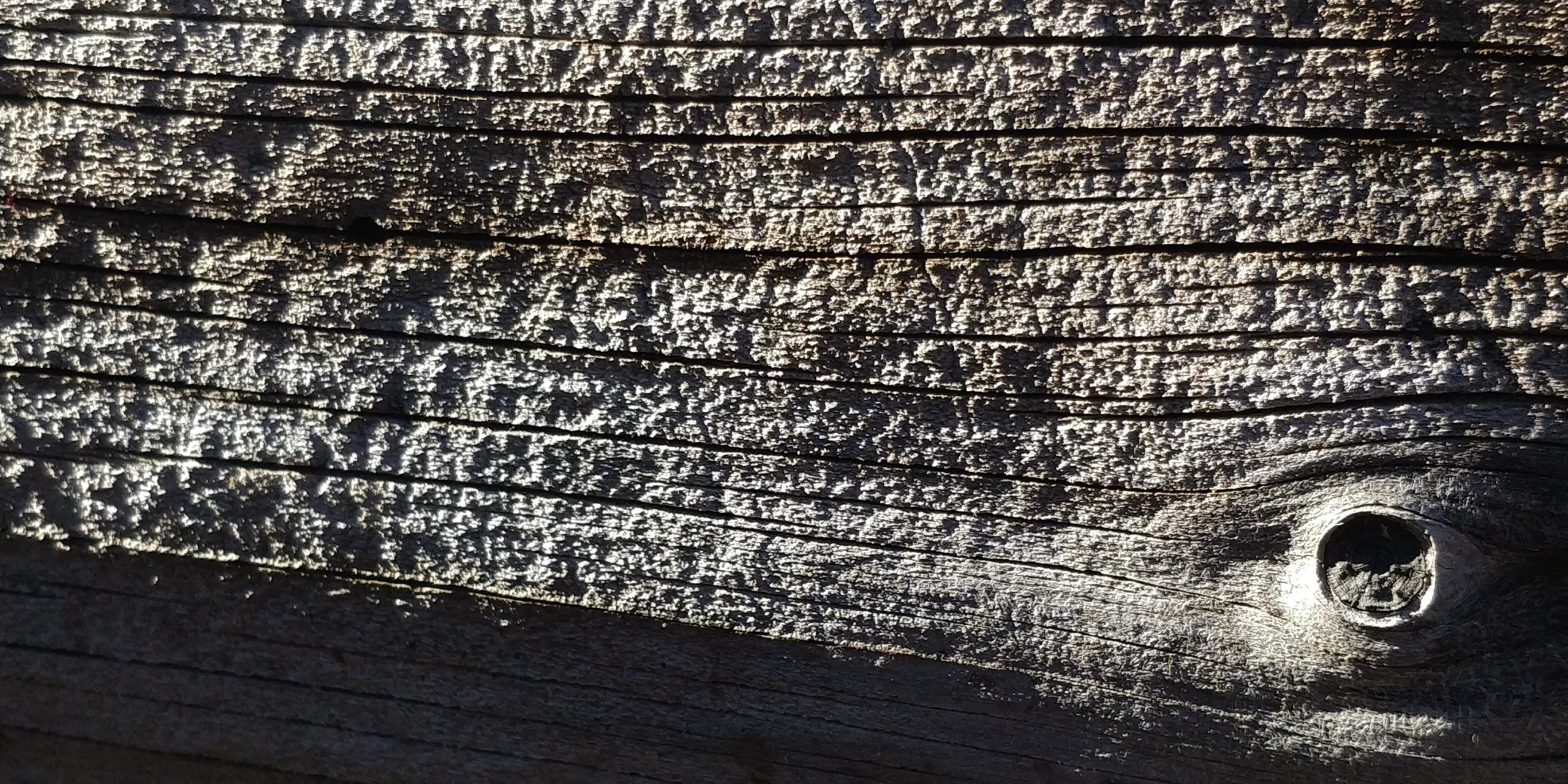
Humane Leadership is on the move again.
The core ideas of Humane Leadership – continuous performance innovation in the self leadership lab, internalizing and applying new mental models with Wisdom Jigs, and professional self and project leadership skills – have found there way into some fascinating places over the past few years.
One of the most exciting places is in the Local Innovation Lab, a highly impactful internship experience meeting important community needs in partnership with Southern Oregon University. To support the interns, we created a 10-week online course including live online workshops that uses project-based learning to develop student project and self leadership skills. Empowering young people with professional level skills creates the next generation of leaders who know how maximize effectiveness and humanity at once.
The program has helped city governments, local community groups, and businesses recover from the 2020 Labor Day fires in Southern Oregon while giving students valuable experiences that bridged into full time work for nearly 40% of the first cohort.
The approach of the course has been so successful SOU has formed an innovation community of leading professors to look at how the core ideas and practices of the course might be worked more deeply into courses across the university and beyond potentially as an Open Educational Resource.
From the very beginning we had three questions, we’ve answered the first two; What would humane leadership look like? Is it learnable? See the book for our answers to these questions. Now, we are on to question three, if humane leadership works and is learnable, then how might we make it that new norm?
Today, we continue to look for innovative ways to empower emergent leaders with the skills they need to empower themselves.
As all this goes on, I continue to be our lead researcher, pushing out towards the edges of self and community leadership in search of insights that will empower a more humane collective future.
Of course, we’ve also been busy sharing the power of Humane Leadership in more traditional settings, including:
- Training workshops for a variety of groups including corporate learning professionals via Executive Learning Exchange, the Pacific Northwest Organizational Development Network, Film Festival Alliance, Firebrand’s Zone Captains, and Stanford Children’s Hospital.
- Leadership support work for a variety of community, educational, and business leaders – leadership support includes traditional coaching as well as extra support in areas where capacity is constrained.
Thank you for supporting our work.
Please reach out if you have any questions or ideas you’d like to discuss.





